Pollsters stay at home on long weekends, but anyone watching Bill Shorten’s magical mystery tour on the big red diesel bus could be forgiven for thinking he took a turn down the Highway to Hell with his fumbling pit stop interviews during the opening week of the campaign.
Prime Minister Scott Morrison focused attention on the costs of Labor’s tax, energy and climate change policies, and Shorten opened the door wide to accusations he lied about new taxes on superannuation.
Already a subscriber? Log in
Subscribe for just $2 a week
Try a month of The Spectator Australia absolutely free and without commitment. Not only that but – if you choose to continue – you’ll pay just $2 a week for your first year.
- Unlimited access to spectator.com.au and app
- The weekly edition on the Spectator Australia app
- Spectator podcasts and newsletters
- Full access to spectator.co.uk

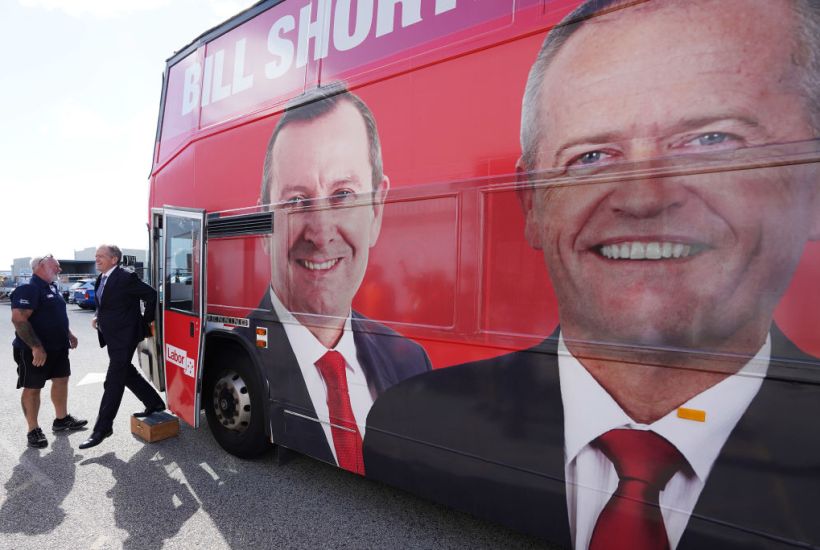

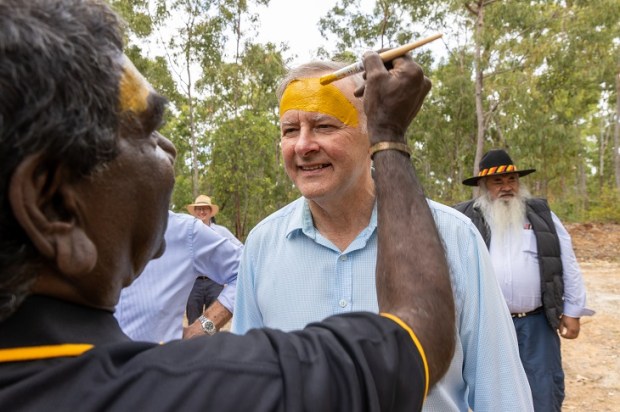
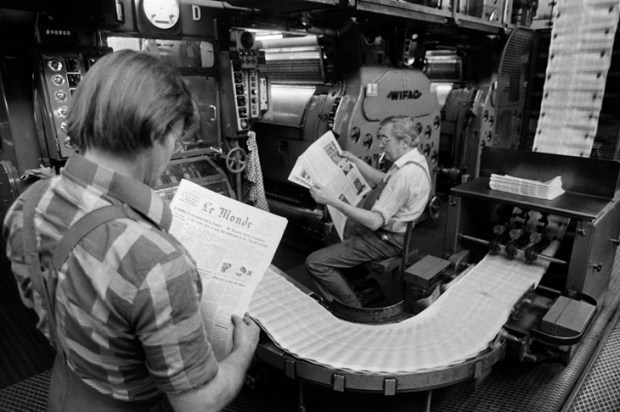

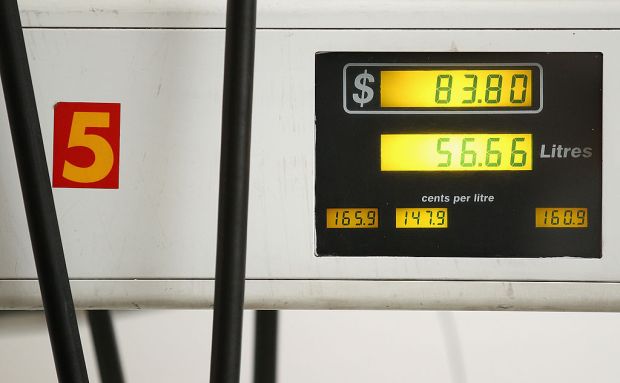
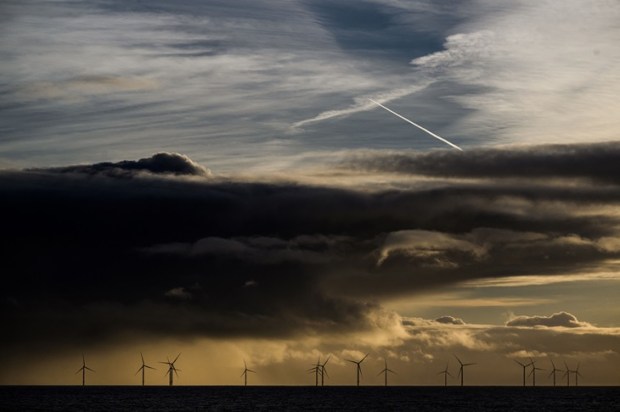


















Comments
Don't miss out
Join the conversation with other Spectator Australia readers. Subscribe to leave a comment.
SUBSCRIBEAlready a subscriber? Log in